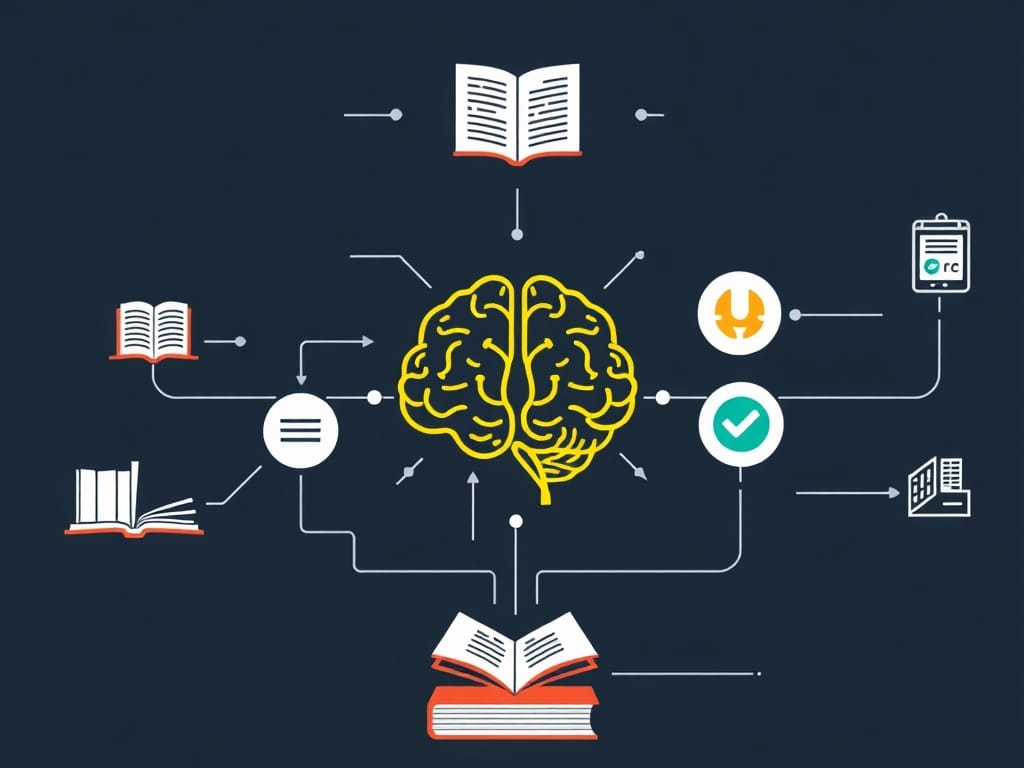Meta's latest AI model has achieved something that sounds like magic itself—memorizing 42% of the first Harry Potter book with stunning accuracy. This breakthrough revelation about Llama 3.1's memory capabilities is raising important questions about AI training, copyright implications, and the future of large language models.
The Magical Memory Test
Recent research has uncovered that Meta's Llama 3.1, one of the most advanced open-source language models available today, can accurately recall and reproduce nearly half of “Harry Potter and the Philosopher’s Stone” when prompted. This discovery emerged from systematic testing where researchers attempted to extract memorized content from the model using various prompting techniques.
The 42% recall rate represents a significant leap in AI memory capabilities, particularly for a model that wasn’t explicitly designed to memorize entire books. When prompted with opening lines or character names from the beloved J.K. Rowling novel, Llama 3.1 could continue with remarkable fidelity to the original text, sometimes reproducing entire paragraphs verbatim.
How AI Models Develop Photographic Memory
This phenomenon isn’t entirely unexpected in the world of large language models. During training, these AI systems process massive datasets containing millions of books, articles, and web pages. Popular works like Harry Potter, which appear frequently across the internet in various forms, become deeply embedded in the model’s neural pathways.

The process works similarly to how humans might accidentally memorize song lyrics through repeated exposure, except AI models can retain far more information with perfect accuracy. Llama 3.1’s training data likely included numerous references to Harry Potter across fan sites, academic discussions, book reviews, and potentially even unauthorized copies of the text.
Copyright Concerns in the Spotlight
This revelation adds fuel to the ongoing debate about AI training and intellectual property rights. Publishers and authors have already filed lawsuits against AI companies, arguing that using copyrighted material for training constitutes infringement. The ability to reproduce significant portions of copyrighted works raises the stakes considerably.

Legal experts suggest that while training on copyrighted material might fall under fair use provisions, the ability to reproduce substantial portions could cross into infringement territory. The fact that Llama 3.1 can recall 42% of a commercially available book creates a potential pathway for accessing copyrighted content without purchasing it.
Technical Implications for AI Development
From a technical standpoint, this memory capability demonstrates both the power and potential problems of current AI architectures. The ability to retain and recall such specific information suggests that these models are developing more sophisticated internal representations than previously understood.
However, this also highlights concerns about training efficiency and model behavior. If nearly half of a model’s capacity is devoted to memorizing existing content rather than learning patterns and reasoning capabilities, it raises questions about optimal training approaches and resource allocation.
Industry Response and Mitigation Strategies
Meta and other AI developers are now grappling with how to address these memorization issues. Some potential solutions include:
- Enhanced data filtering to remove copyrighted materials from training sets
- Differential privacy techniques that prevent exact reproduction of training data
- Output filtering systems that detect and block potential copyright violations
- Legal licensing agreements with content creators and publishers
The challenge lies in maintaining the models’ impressive capabilities while ensuring they operate within legal and ethical boundaries.
Looking Forward: The Future of AI Memory
This discovery represents a turning point in how we understand and regulate AI systems. As models become more sophisticated, the line between learning from data and memorizing it becomes increasingly blurred. The Harry Potter test case provides a clear benchmark for measuring and discussing these capabilities.
The implications extend beyond copyright concerns to questions about privacy, security, and the fundamental nature of artificial intelligence. If models can memorize books with this level of accuracy, what other sensitive information might they retain from their training data?
Key Takeaways
Meta’s Llama 3.1’s ability to recall 42% of Harry Potter represents a watershed moment for AI development. While showcasing impressive technical capabilities, it also highlights critical challenges around copyright, training methodologies, and responsible AI deployment. As the industry moves forward, balancing innovation with legal and ethical considerations will be crucial for sustainable AI advancement.
The magic of AI memory comes with real-world consequences that developers, lawmakers, and society must address collaboratively.
Target Audience: Technology professionals, AI researchers, legal professionals interested in intellectual property, content creators, and tech-savvy general readers following AI developments.
